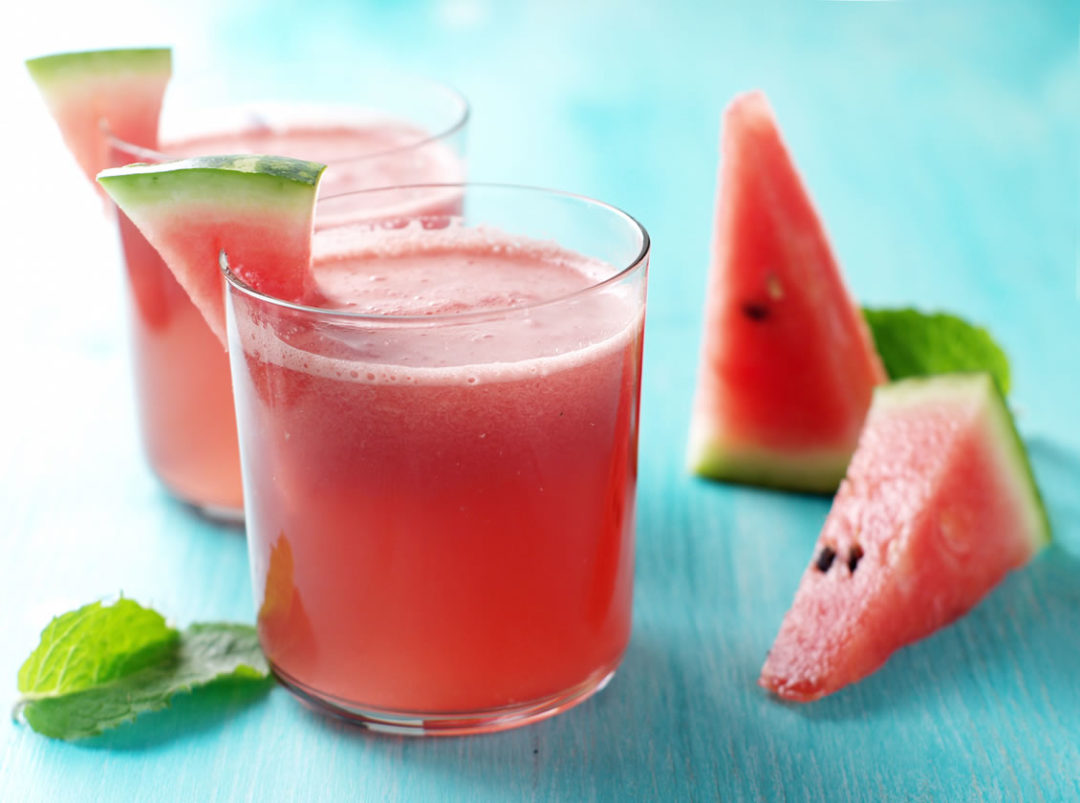Ten-week-old male mice were fed either a low-fat diet, a high-fat diet, or a high-fat diet plus watermelon or watermelon byproducts for ten weeks. Dried watermelon flesh was provided at the equivalent of two servings per day, and watermelon skin and rind were added at 2.25% of the diet.
Related: Healthy Diet Could Save $50 Billion in Health Care Costs Intermittent Fasting “Could be Part of a Healthy Lifestyle” A Healthier New Year Starts in the Gut
Researchers found that the mice fed the low-fat diet had a significantly lower body weight than either of the other groups; mice fed watermelon products had a similar body weight to the high-fat group. However, compared to the high-fat group, watermelon-fed mice had around 40% lower serum insulin concentrations; watermelon-fed mice had the same basal hepatic concentrations of monohydroxy fatty acids and eicosanoids observed in the low-fat group; and depending on the individual species or group, microbiome populations changed significantly in the watermelon-fed mice.Researchers concluded that watermelon itself improves fasting blood glucose and serum insulin concentration; fiber-rich additives made from watermelon rind and skin further improved glucose metabolism and energy efficiency, and shifted the microbiome composition.










